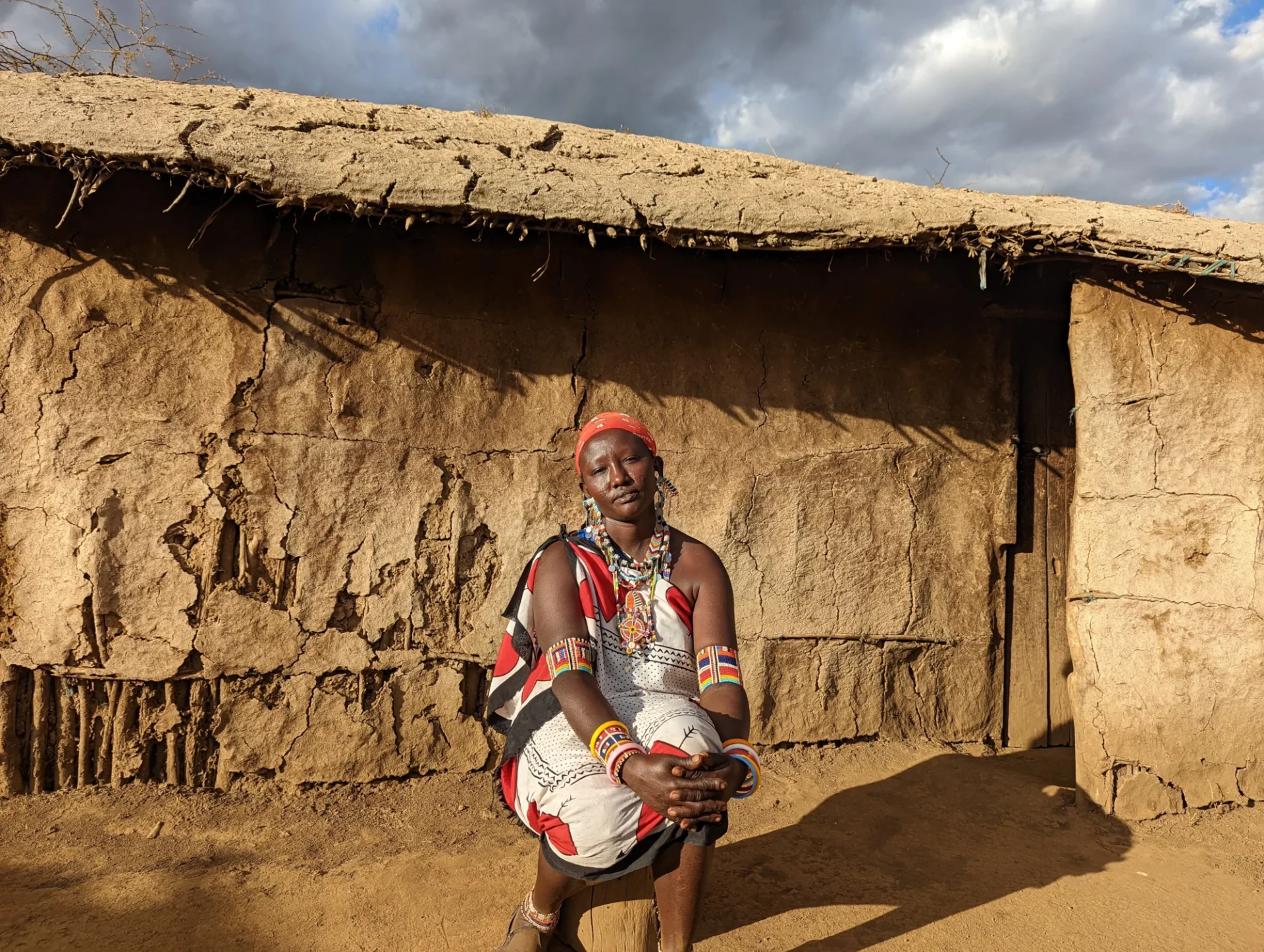Communities who contribute the least to emissions are suffering the most due to lack of capacity to adapt to climate change.


The effects of climate change are claiming livelihoods. Communities want world leaders to know that the issue of climate change is an emergency that needs real action and quick intervention. Communities are experiencing climate-related starvation (as their food supplies depend on rains) and illnesses due to high temperatures. They are experiencing flooding during rainy seasons which is causing the spread of illness, and damage to ecosystems and infrastructure. Human-wildlife conflict has increased, and drought is forcing wildlife to move to highly populated areas to raid crops. The animals might get killed or humans left without a food supply. Predation of livestock has also become high, which means the loss of a source of income for families.
In my community who are pastoralists, 85% of their source of livelihood income comes from their livestock. We are currently experiencing the worst drought in Kenya in many years. The livestock dying simply means people cannot afford food, health care, education, and other basic needs. A question that comes out clearly from my interviews with my community to world leaders is this: for the communities who contribute the least to emissions but suffer the most due to lack of capacity to adapt to climate change, can world leaders put forward discussions on loss and damage compensation to the climate-related crisis?
The situation feels dire. There is however hope in conservation projects such as REDD+ projects where payment for ecosystem services have proved to work. Communities living close to natural resources now get incentives for conserving their resources. With testimonies from my interviews, community members are clearly stating they can see a huge difference in the conservation and restoration of their land before and after the start of the REDD+ projects. The interviewed community members describe such projects as a road map and guidance to take initiative to conserve their land as it lays down the procedure to be able to carry out different restoration programs. In return, they get direct income through employment and they also have access to health services, education for their children through bursaries and scholarships, and alternative sources of livelihood.
The community hopes that world leaders will act by creating policies and regulations that support projects such as the REDD+ projects that effectively mitigate climate change. They would like to see more initiatives that build their capacity to adapt to climate change through the creation of alternative sources of livelihood.
Communities want world leaders to have more strategies that are inclusive and that will see climate-related loss and damage compensated.
